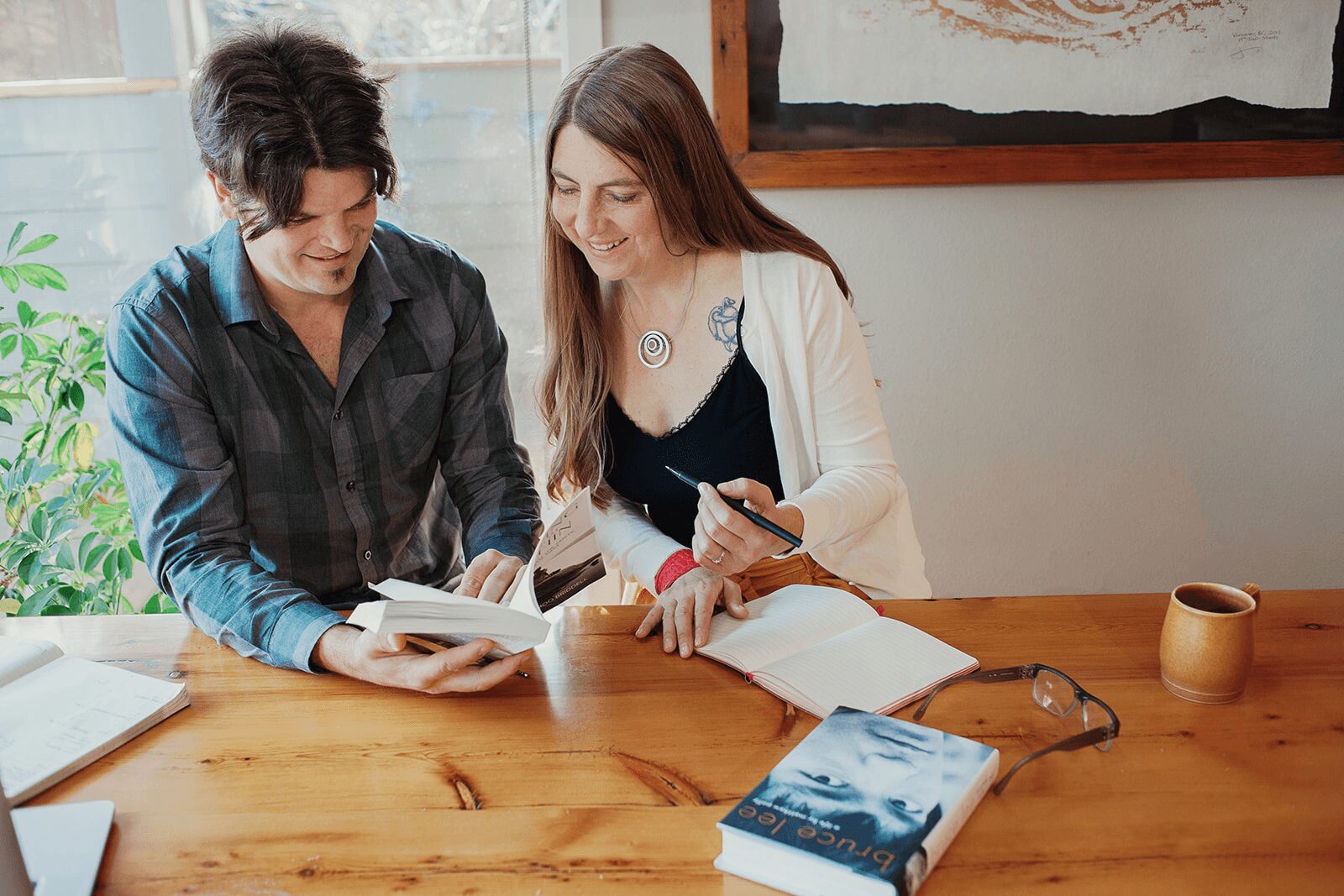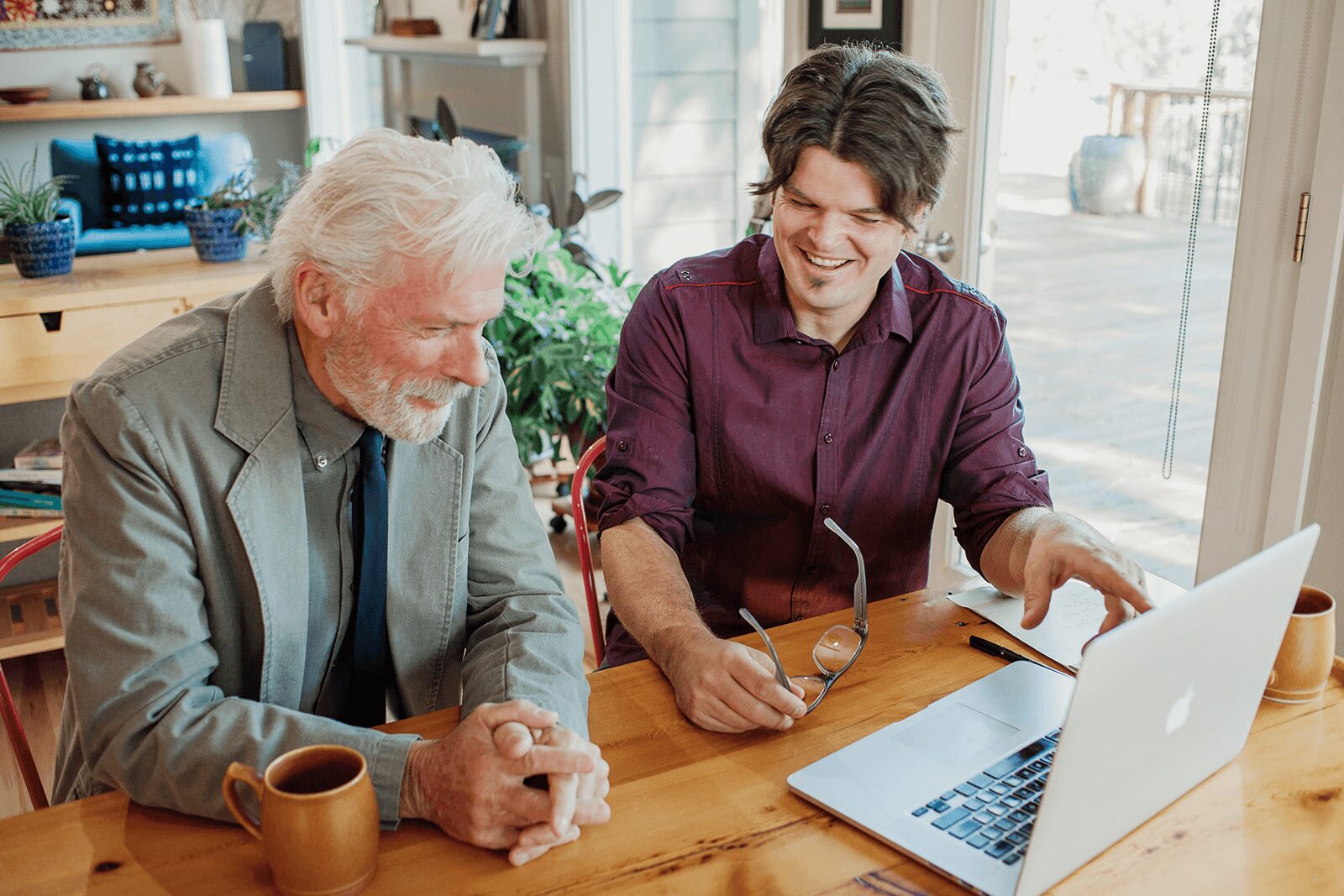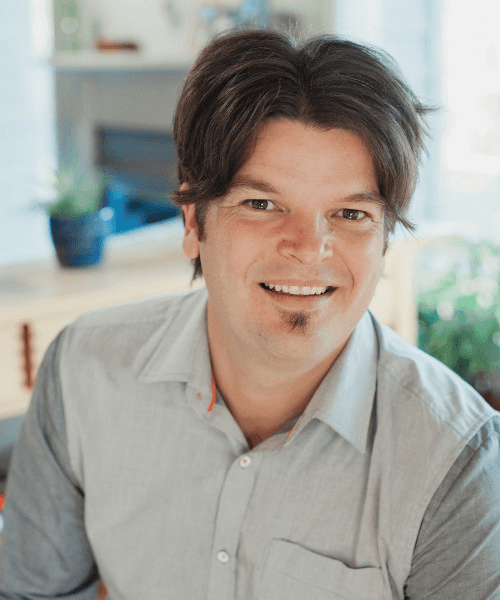We’re excited to introduce you to the always interesting and insightful Joel Pitney. We hope you’ll enjoy our conversation with Joel below.
Joel , looking forward to hearing all of your stories today. Have you been able to earn a full-time living from your creative work? If so, can you walk us through your journey and how you made it happen? Was it like that from day one? If not, what were some of the major steps and milestones and do you think you could have sped up the process somehow knowing what you know now?
This is a fascinating topic and one I’ve pursued for much of my life. What I’ve discovered is that there’s really no one “way” to make a living off of your creative passions. A lot of people, myself included, start off thinking they have to figure out their passion and then go through the proper channels in whatever industry they’re aspiring to be in. But I think that for most people, it’s much more squiggly.
For me, I discovered along the way that my true “super power” was writing. My background is in Environmental Science and organic agriculture, but I got an opportunity to write a book review for a magazine I loved that happened to be looking for writers. I did a good job on that initial project and they ended up offering me a job! At the time, I didn’t even know that writing was my real passion and talent. I discovered it! So I worked as a journalist for three years and honed my skills.
My current work as a ghostwriter has also been a process of discovery. After the magazine I wrote for went out of print, I decided to start a TV/Film company with some actor friends. That line of work requires a lot of “gig” work to pay the bills while you develop projects. My gig work was using some of the marketing skills I developed working for the magazine to help people promote their books. While we had some success with the TV/Film work, my “gig” work eventually grew into a book launching company that I run to this day (Launch My Book).
So there was a period of time where I wasn’t really writing anymore and mostly working in book marketing. Then I just so happened to work on promoting a book for a client who had hired a ghostwriter. I read their manuscript and found that the writer had done a poor job, so my client asked me to rewrite it! He then hired me to write his next book for him and that got me started on the ghostwriting path that has now become a full-time gig for me. I’ve now written five books for clients and am working on a new one right now.
My next evolution is to use the experience and contacts I’ve built as a ghostwriter to write and publish my own books. We’ll see what I discover in that process!

As always, we appreciate you sharing your insights and we’ve got a few more questions for you, but before we get to all of that can you take a minute to introduce yourself and give our readers some of your back background and context?
The answer to this question for me is two-fold, because I wear two hats. One is as a ghostwriter and the other is as the President of my company, Launch My Book. They are overlapping, but often distinct endeavors.
For my book promotion company, what I’m most proud of is building a business on honesty. In the book publishing and promotion industry there is a lot of misinformation and “scamminess.” This is because people who write books are often susceptible to having others inappropriately inflate their expectations with promises like overnight bestseller, turn-key solutions to transforming your idea into a book, etc. We are the opposite. We work with people who have great ideas and stories to make their book dreams come true, but we do it with a sense of sobriety about what’s possible, especially for first time authors. When I talk to a potential client, I don’t promise them the moon. I actually tell them that they’re not likely to make their money back on the book. Some people think this might be a bad sales strategy, but I’ve found that people appreciate our honesty and realism. And we’ve been able to find plenty of clients who prefer this approach.
As a ghostwriter, I’m proud of the range of books I’ve been able to write. I’ve done leadership books, personal development books, business books, education books, and mind-body-spirit books. I’ve written more research-based books and I’ve done more story-based approaches. I even did a book based on interviews. I learn a new technique for each book I work on and am constantly updating my skillset as a writer.

Any advice for growing your clientele? What’s been most effective for you?
In both my endeavors, ghostwriting and Launch My Book, investing in relationships has been the key for growing the client base. This is relevant at all stages of the process, from beginning to end.
In my business, most of the services we offer are quite high-end, and so it often takes a lot of time for clients to decide to work with us. So I try to make an extra effort to really get to know everyone and share as much insight and wisdom as I can right up front. I don’t like to force people to hire me in order to get my expertise. Rather, I like to give them a sense of who I am and what we can do for them as a company. It’s similar with ghostwriting, but it often takes even longer do to the investment required. I like to spend time reviewing a potential client’s story or methodology and then give them a strong sense of how I would write the book for them.
Once a client is on board, we as a company invest a lot of our energy in building a strong relationship with them. We don’t just drop them into a process line. We make ourselves available to walk them through every step of the process. We’d rather charge higher prices and give them more of our energy, then limit our interactions with a lower end services.
When we invest in our relationships like this, we end up getting a lot of repeat business and referrals. So we’ve literally built our business (and my ghostwriting career) on relationships.

Is there something you think non-creatives will struggle to understand about your journey as a creative? Maybe you can provide some insight – you never know who might benefit from the enlightenment.
I just don’t believe in the idea that there are “non-creatives.” Creativity is a part of what it means to be human. It isn’t limited to art or music or dance. Anyone can tap into their creativity within any given career path they’ve chosen. My definition of creativity is more foundational. I think it’s tapping into a mysterious source of wisdom or knowledge or idea-generation and then transforming that more ethereal reality into something concrete. That could take the form of a tune in the head of a musician that they transform into a song. But it could also take the form of an interesting marketing idea for your business that popped into your head during a walk or a strategy meeting with your team. So becoming a “creative” is really about learning to tap into that inherent genius, take it seriously, and then work to transform what it “feeds” you into something real.
Contact Info:
- Website: https://www.launchmybook.com
- Instagram: https://www.instagram.com/launchmybook/
- Facebook: https://www.facebook.com/launchmybook
- Linkedin: https://www.linkedin.com/in/joelpitney/
- Youtube: https://www.youtube.com/channel/UC0ZwlmfNnEw85u5vRhka2AQ



